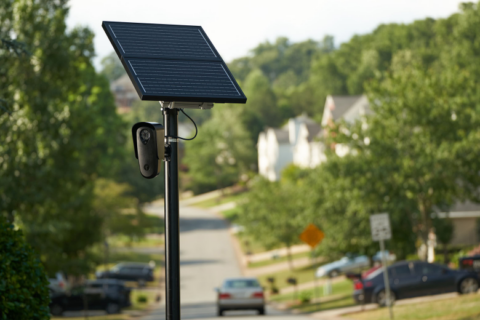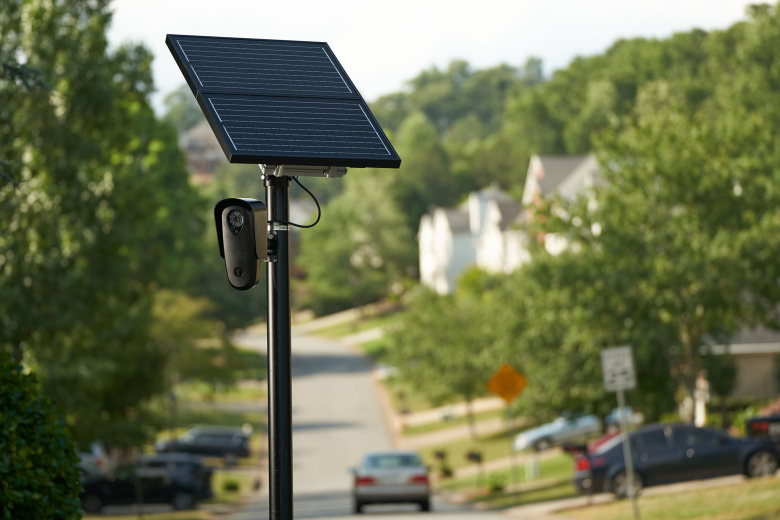
More automatic license plate readers are coming to Fairfax County, Virginia, as part of a program expansion that police said has helped them close hundreds of cases.
The county’s Board of Supervisors recently approved a Department of Justice grant worth over $136,000 to fund some of the additional license plate readers.
FFXnow first reported the program’s expansion.
The county’s police department launched the license plate reader program last November, and Lt. Hudson Bull told WTOP that it’s assisted police in solving different types of cases.
In over 13 months, Bull said, the devices have been used in 366 cases. Police have recovered over 130 stolen vehicles with the help of the readers, and they’ve “placed about 714 arrest charges, most of those being felonies,” Bull said.
If a car is reported as stolen, or it may be linked to a missing person, the system alerts officers who are in the field. Officers get an alert within 30 seconds to a minute of a car passing a camera. However, Bull said the amount of time it takes to find the car often varies.
The automated readers are placed in 17 crime hot spots across the city, Bull said.
“The technology is getting better and better every day,” he said.
The grant will be given to the department over a three-year period, Bull said, noting that there’s no timeline for more readers popping up around the county.
The cost varies depending on the vendor, and Bull said the department seeks assistance from the county to fund the program through its budget process or grants.
The automated readers helped Fairfax County police solve a recent case in which a man was exposing himself to children in the Mount Vernon district.
“We were able to solve that crime by using license plate reader technology and the partnership with a neighboring agency,” Bull said.
As for privacy concerns about the readers scanning and storing information, Bull said the data retention period has been reduced from a year to 30 days.
“The license plates only stay on file for 30 days,” Bull said. “That’s a 92% reduction in our data retention period.”
Bull also said the readers have had an “unintended consequence” — using the license plate readers to help locate missing people.
“Since we started this revamp program a little over 13 months ago, we’ve been able to locate 20 critically missing persons who have left their home in a vehicle,” Bull said.









